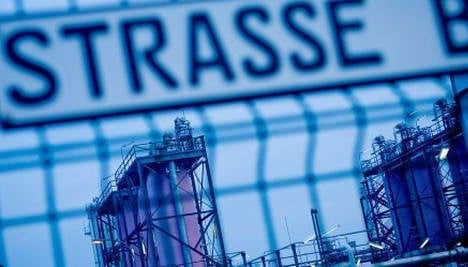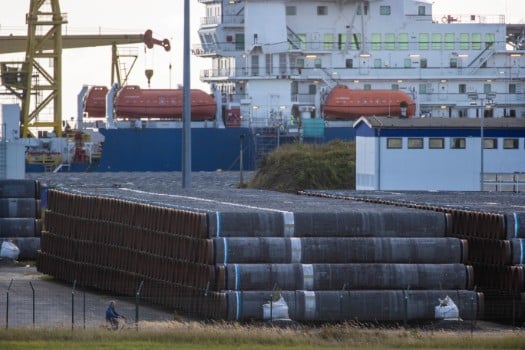GAS
Norway overtakes Russia in European gas
Norway has overtaken Russia as the leading supplier of gas to western Europe, according to data collected by Reuters from Norway’s state gas network operator Gassco and Russian state company Gazprom.
Published: 22 May 2015 23:31 CEST

A receiving terminal operated by Norway's Gassco. Photo: Gassco
According to the figures, the trend began when Norway overtook Russia in the last three months of last year, with western Europe buying 29.5 billion cubic metres (bcm) from Norway and 19.8 bcm from Russia.
In the first three months of this year, Norway supplied 292 bcm of gas while Russia sold just 20.29 bcm.
The European Union has been pushing member states to reduce their dependency on gas from Russia following the country’s annexation of Crimea and interference in Eastern Ukraine.
But the reduction in Russian gas imports could equally be the result of the recent drop in oil prices, which is causing potential customers to hold off from buying Russian gas until the price drops.
Norway’s exports to Western Europe overtook Russia’s briefly in 2012, but have otherwise lagged behind the world’s largest producer.
Russia’s exports to the European Union as a whole still exceed those of Norway, according to the European Commission.
Url copied to clipboard!


 Please whitelist us to continue reading.
Please whitelist us to continue reading.
Member comments